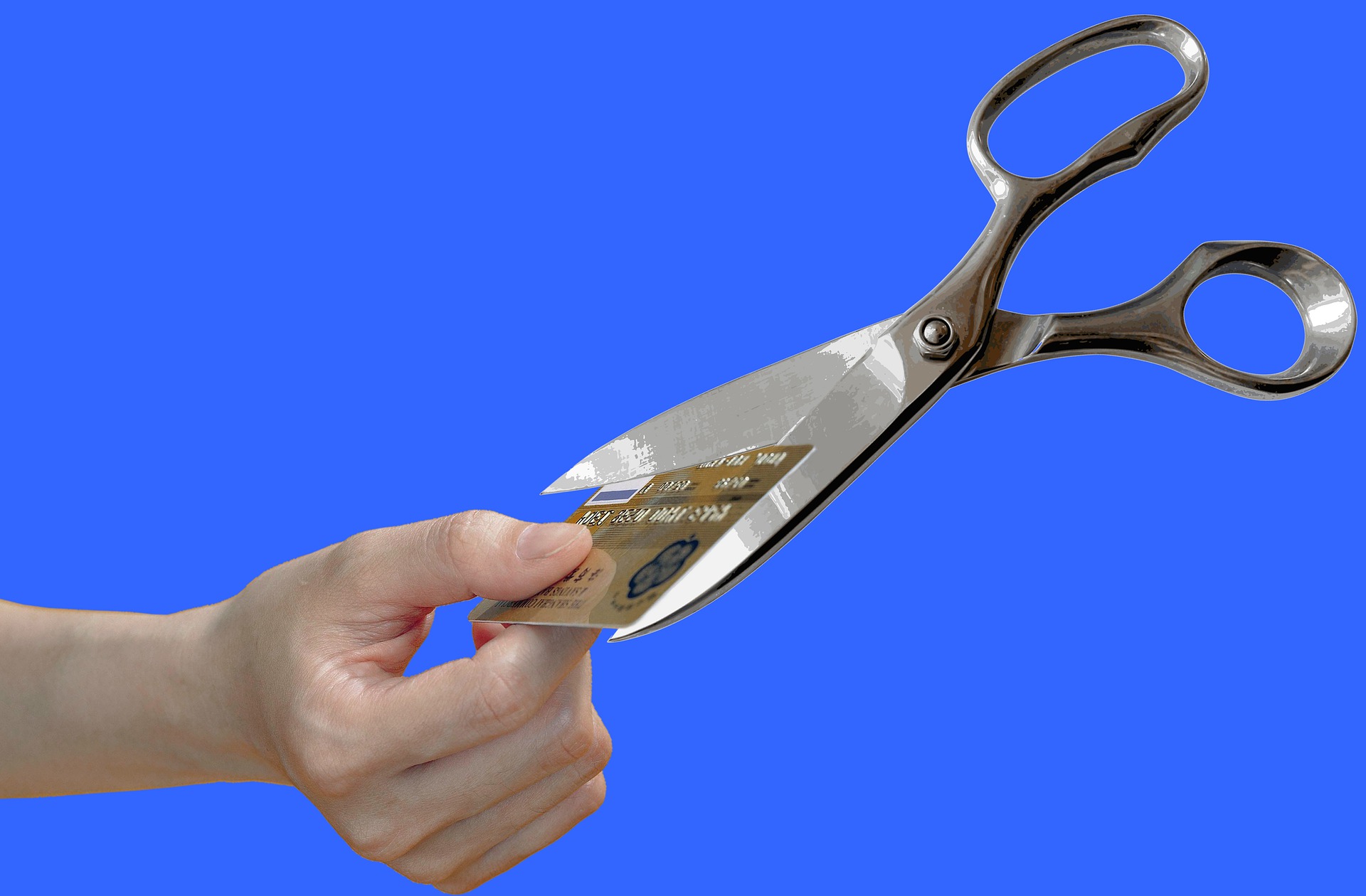A bankruptcy discharge is a court order issued in the conclusion of a Chapter 7 or Chapter 13 bankruptcy proceedings. The arrangement strengthens the borrower from any obligation to repay the debts which were discharged. One of the benefits of ch 13 bankruptcy, for example, is that it subsequently banned creditors from accepting any further actions to collect these debts. But before we push further, below are what you need to know.
What is a Bankruptcy Discharge?
A discharged debt is literally goes away. It is no longer collectible. The creditor needs to write it off. Debts to be discharged in a bankruptcy proceeding include credit card debts, medical bills, lawsuit judgments, personal loans, obligations under a lease or other contract, and other unsecured debts. Although there is such a thing, it has some drawbacks. Filing for bankruptcy and receiving a discharge will seriously impact your credit, and you must establish to the court’s satisfaction that the discharge is financially necessary. You can’t ask the bankruptcy court to discharge your debts because you don’t want to be responsible for them.
How a Bankruptcy Discharge Works?
A copy of the discharge order will be sent to all your creditors, also concerning the U.S. Bankruptcy Trustee, the trustee who is personally managing your bankruptcy case, and the trustee’s attorney. This arrangement comprises note that creditors need to take no further action to collect on the debts and they’ll face punishment for contempt. It’s likely to file a motion with the bankruptcy court to receive your situation payable when any creditor attempts to collect a discharged debt from you. The lending company may be fined if the court decides that it violated the discharge injunction. You may attempt just sending a copy of your order of release to stop any collection actions, then talk to a bankruptcy attorney about taking legal action if that doesn’t work.
What Are the Types of Bankruptcy Discharges?
Individual debtors can file for Chapter 7 or Chapter 13 bankruptcy protection. The trustee will liquidate your nonexempt funds and divide the profits one of your creditors in a Chapter 7 bankruptcy. Any debt that stays will most likely be discharged or discharged. You may enter into a payment plan over three to five years that repays the vast majority of your debts if you file for Chapter 13 protection. Any debt that remains after your repayment plan will likely most likely be discharged. This includes marital debts incurred in a divorce settlement, but not spousal support or alimony, along with court fines, some tax debts, homeowners’ and condominium association dues, debts such as pension obligations, and debts that could not be discharged in a previous bankruptcy.

